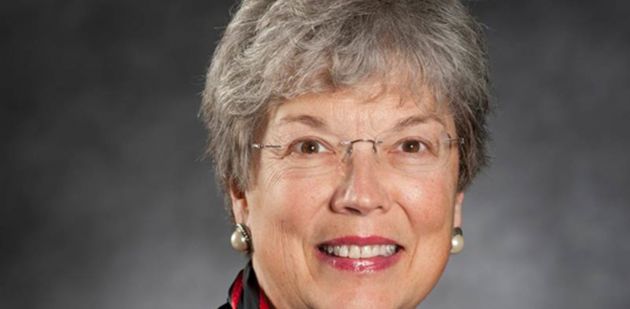Dans un système de santé de plus en plus complexe, les professionnels des soins au bénéfice d’une formation de pointe sont tout simplement indispensables.
Ann B. Hamric is Professor, Associate Dean of Academic Programs, VCU School of nursing, USA

The discipline of nursing is continually evolving and expanding in greater practice skills, responsibilities, and authority for patient care. However, in many countries these recent trends are still unknown to the general public.
Nursing professional practice parameters and educational expectations have changed significantly in recent decades as nurses have advanced their practice abilities. Many factors have driven the need for nurses to have more advanced and expanded practices: these factors include medical and technological advances, changes in patient demographics, and changing political and financial frameworks.
But the guiding focus for nursing professionals is to better meet patient needs, particularly for complex patients. These individuals are living longer with chronic illnesses, and many formerly fatal diseases are much better controlled today. Patients admitted to hospitals are sicker than in previous years, but there are great pressures to reduce the duration of hospitalizations to decrease hospital costs and achieve greater financial efficiency.
Chronically ill people have to deal day after day with a multitude of professionals, general practitioners and specialists active in their respective fields. At the heart of this complex system, patients are now expected to manage their own health, learn to perform technical procedures, and make decisions daily.
Advanced practice nurses (APNs) are particularly skilled in using a holistic perspective to individualize care, in guiding and coaching patients through difficult health transitions, and in developing partnerships with patients so that they
can better manage their own health care problems. APNs provide support and help patients connect with the resources available in their community. APNs are given additional education for these expanded practices and care for patients of all ages. With clinical expertise required in their specialty and more understanding of the scientific bases of care, APNs mobilize a wide range of different approaches to promote health, prevent illness, and improve quality of life for their patients.
Advanced nursing practice is experiencing a real international expansion. Where APNs have been educated and have practiced for several decades (e.g. there are more than 250,000 APNs in the United States), the health system could not function without their contribution. Advancing nursing to meet the most current needs of the population: our definition of modernity!